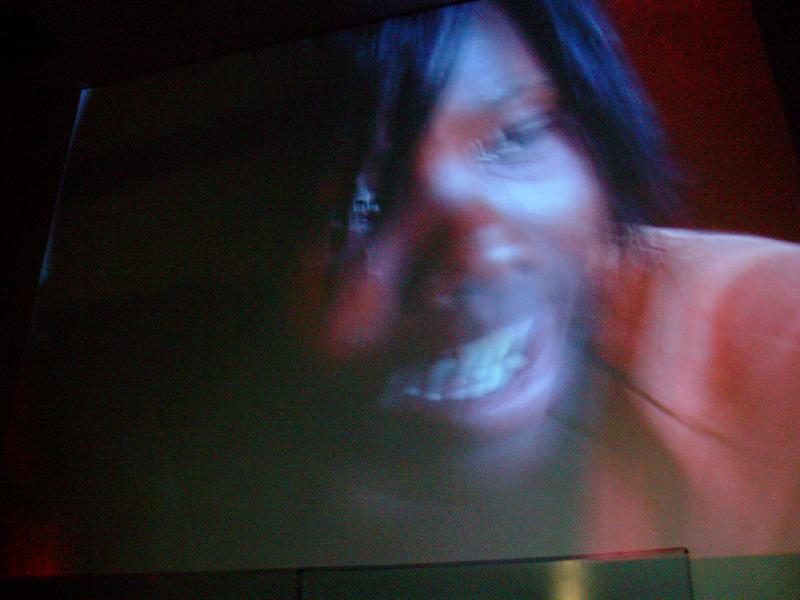
Rhodes journalism students showcased the fruits of an ambitious multi-media project which explored Makana Municipality’s 12 wards or districts this week. This exploration turned out to be a revealing exposé of the extent of poverty in the Eastern Cape and the living conditions faced by our very neighbours.
Students were required to work closely with the ward communities and their discoveries were by turns tragic, shocking and uplifting. The resultant material was both heart-wrenching and thought-provoking and encompassed various media such as audio streams, videos and print editorials which are being published in local newspaper Grocott’s Mail.
Reciprocity is a core value of the endeavour, and this manifested in a cyclical process of collaborative action followed by feedback sessions which in turn gave rise to new strategies. All of the journalism and media that the students produced was distributed throughout the communities concerned. This is exactly the kind of community involvement Rhodes needs to engage in to avoid being branded a myopic island of wealth and privilege.
This open-ended assignment inspired a diverse variety of responses from the students. In ward 11 students studied the military from a soldier’s perspective, creating an insightful documentary piece entitled “Civilian Soldier”. The piece examined the military’s often troubled relationship with the community as well as paradoxes of gender and identity faced by local soldiers.
Another student’s contribution delved into the lives of young children at a Riebeck East crèche. Here the endearing youngsters are learning and thriving despite severe under-funding thanks to the tireless efforts of a few very dedicated and compassionate ladies. The crèche has no toilets, no jungle gym and there is often a shortage of crayons and paper, yet Riebeck East’s citizens are making the most of what they have.
Work in Ward 2 resulted in a meaningful enquiry into the untapped economic potential of the often-overlooked Kaolin clay which rests in rich deposits beneath our feet. Makana is blessed with South Africa’s most abundant Kaolin deposits and the clay has endlessly diverse commercial applications.
A huge chain of local businesses could result from a meaningful investment into Grahamstown’s Kaolin industry. Mr Masuku was one of the inspirational individuals who emerged from the ward communities and freely contributed of their time and energy to teach and learn with the forth-year journalism students. Masuku is a prominent member of the Makana Mining Forum, a producer of the versatile Kaolin, and an entrepreneurship mentor.
Ward 4 - or Manley Flats - saw students probe the water crisis and the failure of service delivery to provide long-suffering residents with that most essential resource. Another production from the same ward revealed the shocking prevalence of sodomy and rape at a farm primary school.
An intervention in the form of a cut-out-and-keep information pamphlet on sodomy was designed and disseminated by students working in this ward. One student was even compelled to write and self-publish an educational children’s book which now serves as a valuable resource for the children, teachers and parents of Manley Flats. The book conveys values such as respect for the human body and general safety awareness.
In Ward 7 teachers trained by the Centre for Social Development are battling endless bureaucratic delays to establish a nursery school. In Salem students discovered a community united in faith and song, and a town with potent potential for tourism development. The project also cast light on major issues such as orphans and their foster guardians, as well as crime in Grahamstown and the role of the Community Policing Forum.
Those who are interested in contributing towards the various ward communities may contact Rhodes University’s Department of Journalism and Media Studies for more information.
